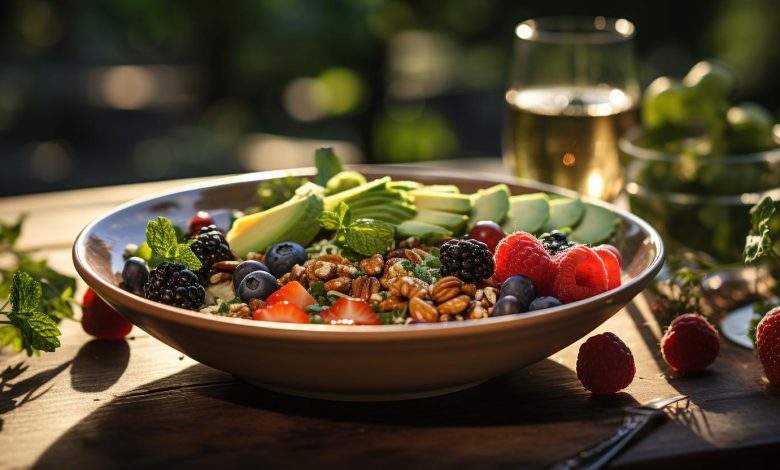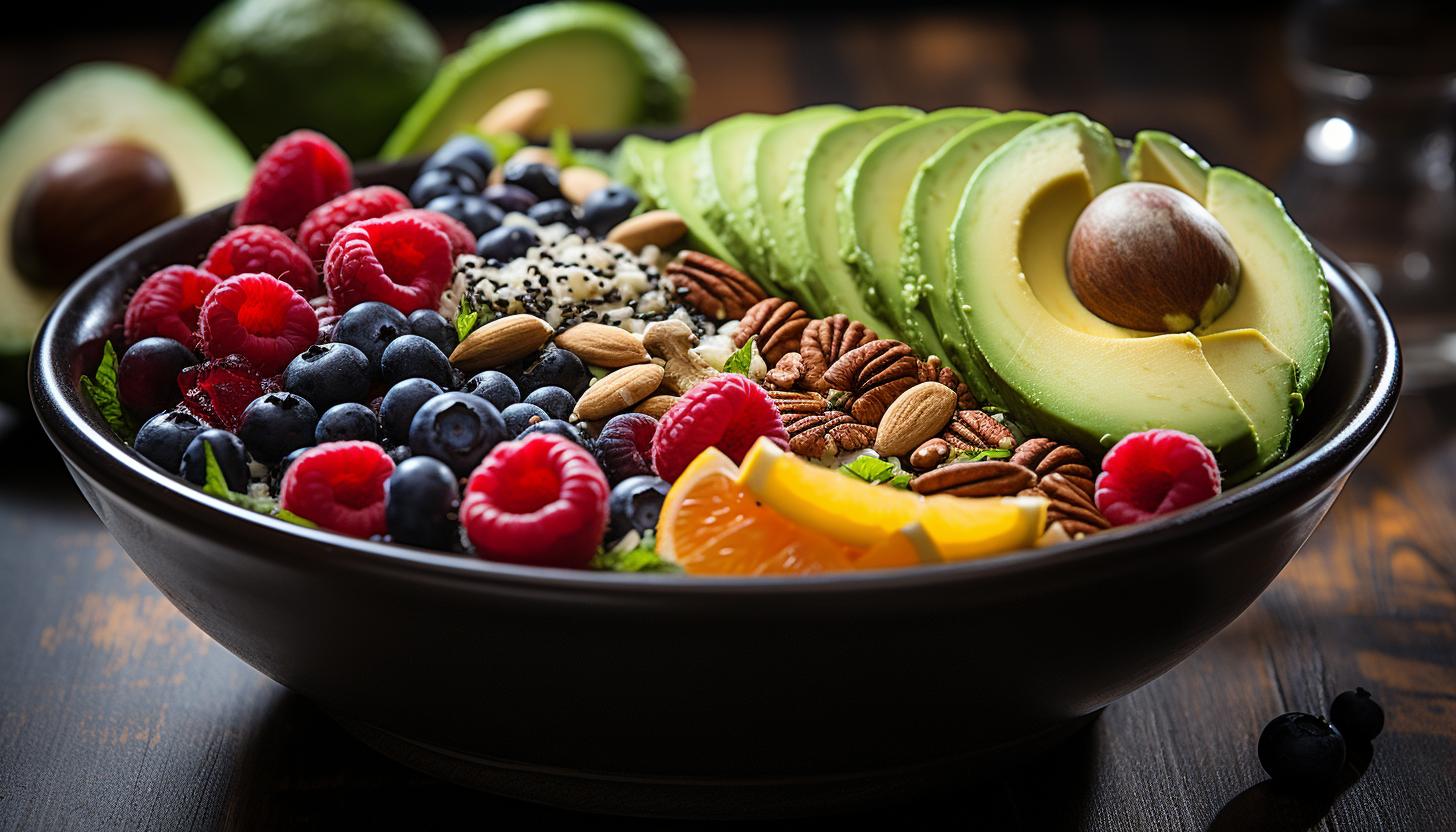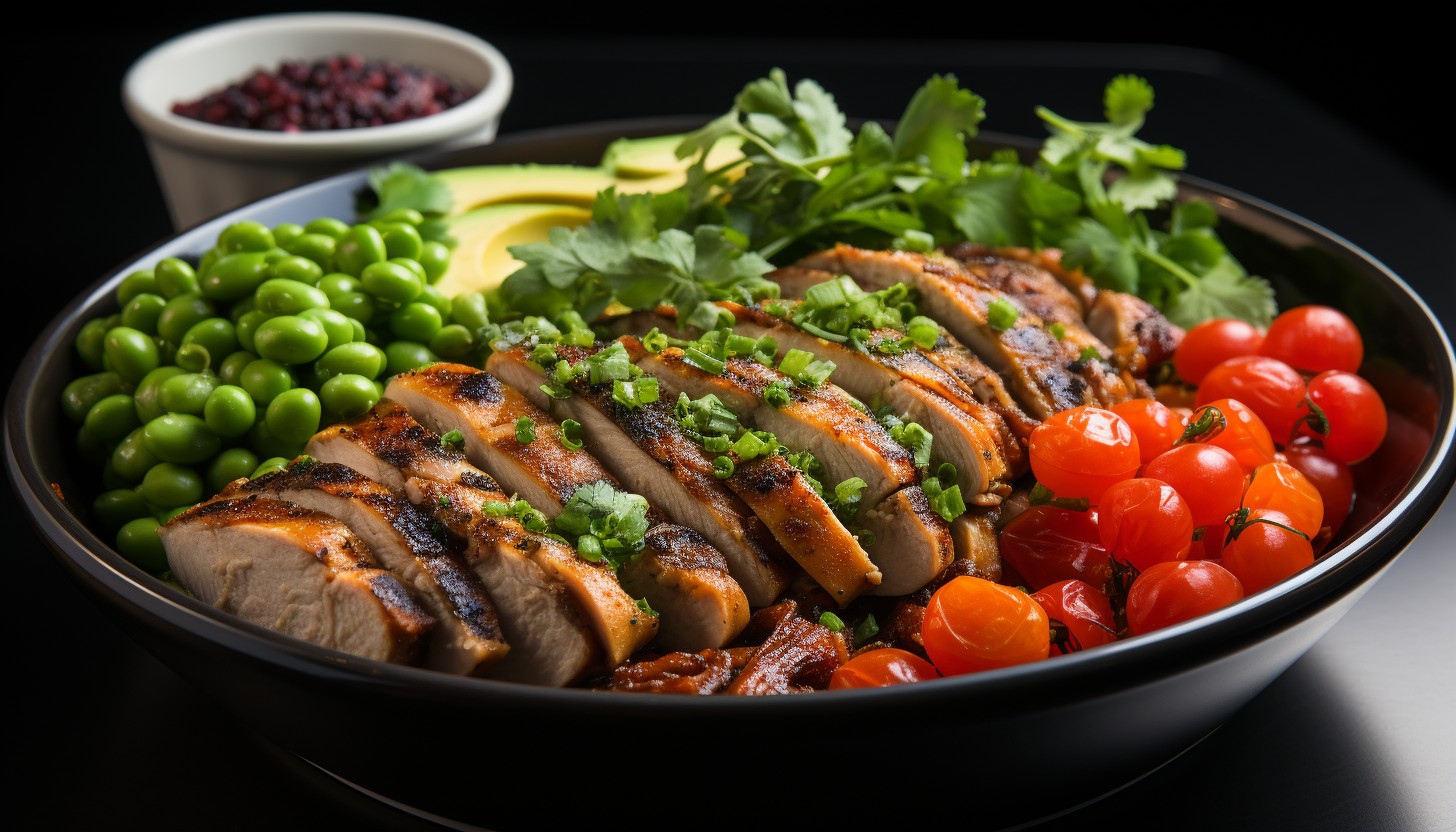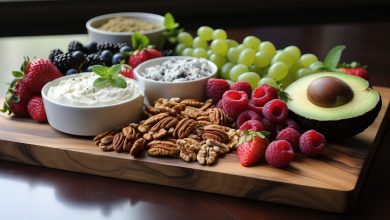The Best Foods to Eat for Post-Run Recovery

Looking to supercharge your post-run recovery? Look no further! We’ve got the lowdown on the absolute best foods to eat after a run.
Whether you’re a seasoned marathoner or just starting out, proper nutrition plays a crucial role in helping your body bounce back faster and stronger. From hydrating foods that replenish electrolytes to protein-rich options for muscle repair, we’ll guide you through the science-backed choices that will leave you feeling refreshed and ready for your next sweat session.
The Importance of Proper Nutrition After Running

Proper nutrition is crucial after running to support recovery and replenish energy levels. The timing of your post-run meal plays a significant role in maximizing the benefits of your exercise. Consuming a balanced meal within 30 minutes to two hours after your run is ideal for optimal recovery. This window allows your body to efficiently absorb nutrients needed to repair muscles and replenish glycogen stores.
Carbohydrates are essential for refueling tired muscles and restoring glycogen levels. Carb loading before a long run can help maximize performance, but it’s also important to consume carbohydrates after your run to aid in the recovery process. Opt for complex carbs like whole grains, fruits, and vegetables that provide a steady release of energy while delivering essential vitamins and minerals.
In addition to carbohydrates, protein is crucial for muscle repair and growth. Include lean sources such as chicken, fish, tofu, or beans in your post-run meal. Aim for around 20 grams of protein to facilitate proper recovery.
Hydration is equally important as nutrition post-run. Water helps regulate body temperature and aids in nutrient absorption. Replenishing lost fluids will also prevent dehydration and promote overall well-being.
Key Nutrients for Post-Run Recovery

Getting enough of the right nutrients is crucial for recovering after a run. Your body needs fuel to replenish glycogen stores, repair muscles, and reduce inflammation.
Here are some key nutrients that can aid in your post-run recovery:
– Protein: Consuming protein after a run is essential for muscle repair and growth. Include sources like lean meats, poultry, fish, eggs, dairy products, or plant-based options like tofu or legumes.
– Carbohydrates: These provide energy and help restore glycogen levels. Opt for complex carbohydrates such as whole grains, fruits, vegetables, and beans.
– Antioxidants: Running generates free radicals that can cause oxidative stress in the body. Antioxidant-rich foods like berries, dark leafy greens (spinach or kale), nuts, and seeds can help combat this stress.
It’s worth noting that while nutritional supplements can be convenient, they should not replace whole foods. However, certain supplements may support your recovery process if used wisely. Consult with a registered dietitian or healthcare professional before considering any supplements.
Equally important is knowing which foods to avoid after a run to prevent gut discomfort or hinder recovery:
1. High-fat foods: Fatty meals slow down digestion and may leave you feeling sluggish during recovery.
2. Sugary snacks: Although carbs are necessary post-run, excessive sugar intake can lead to energy crashes later on.
3. Alcohol: It impairs muscle recovery by inhibiting protein synthesis and dehydrating the body.
Hydrating Foods to Aid in Recovery

Including hydrating foods in your post-run meals can help replenish fluids and support your recovery process. After a run, it is important to replace the electrolytes lost through sweat and rehydrate your body. Consuming foods that are high in water content can aid in this process.
Here is a table of hydrating foods that you can incorporate into your post-run meals:
| Hydrating Foods | Water Content (%) |
|---|---|
| Watermelon | 92 |
| Cucumber | 96 |
| Strawberries | 91 |
| Spinach | 91 |
| Oranges | 87 |
These fruits and vegetables not only provide hydration, but also contain essential vitamins and minerals to support your recovery. In addition to hydrating foods, it is important to include high carbohydrate snacks for post-run refueling. Carbohydrates are the main source of fuel during exercise, so replenishing them after a run is crucial for muscle glycogen restoration.
Opt for snacks like bananas, whole grain bread, or sweet potatoes which are rich in carbohydrates. These snacks will help replenish glycogen stores and provide energy for muscle repair.
Remember to stay hydrated by incorporating these hydrating foods into your diet after each run. Your body will thank you for the extra care and support during the recovery process.
Protein-Rich Foods to Support Muscle Repair

For optimal muscle repair, it’s important to incorporate protein-rich options into your post-run meals. Protein is essential for repairing damaged muscle tissues and promoting muscle growth. Here are some protein-rich foods that can help you recover faster and perform better:
– Lean meats such as chicken, turkey, or fish: These are excellent sources of high-quality protein that provide essential amino acids for muscle repair.
– Greek yogurt: Packed with protein and probiotics, Greek yogurt not only aids in muscle recovery but also promotes a healthy gut.
– Eggs: A versatile source of protein, eggs contain all the essential amino acids needed for muscle repair.
In addition to these food options, incorporating high carb snacks into your post-run routine can replenish glycogen stores and aid in quicker recovery. Some examples include fruits like bananas or berries, whole grain bread or crackers with nut butter, or a homemade trail mix with nuts and dried fruit.
If you’re looking for an extra boost in your recovery process, natural supplements like whey protein powder or branched-chain amino acids (BCAAs) can be beneficial. They provide convenient ways to increase your protein intake without the need for heavy meals.
Transitioning from muscle repair to reducing post-run soreness, let’s explore the benefits of anti-inflammatory foods in the next section.
Anti-Inflammatory Foods to Reduce Post-Run Soreness

Transitioning from muscle repair to reducing post-run soreness, let’s explore how anti-inflammatory foods can help alleviate discomfort. After a strenuous run, it is common to experience muscle soreness and inflammation. Incorporating certain foods into your diet can provide natural remedies for post-run soreness and promote faster muscle recovery.
Anti-inflammatory foods are rich in antioxidants and compounds that help reduce inflammation in the body. These foods not only aid in soothing sore muscles but also support overall health. Here are some examples of anti-inflammatory foods you can include in your diet:
| Food | Benefits | Examples |
| Turmeric | Contains curcumin, which has powerful anti-inflammatory properties | Turmeric powder, turmeric supplements |
| Blueberries | High in antioxidants that combat inflammation | Fresh or frozen blueberries |
| Leafy greens | Packed with vitamins and minerals that aid in recovery | Spinach, kale, Swiss chard |
Incorporating these anti-inflammatory foods into your diet regularly can help reduce post-run soreness and speed up muscle recovery. Remember to consume a balanced diet consisting of whole grains, lean proteins, healthy fats, and plenty of fruits and vegetables to support overall fitness and well-being.
Conclusion
In conclusion, after a grueling run, it’s crucial for you to fuel your body with the right foods to aid in recovery.
By consuming hydrating foods like watermelon and cucumbers, you can replenish lost fluids and prevent dehydration.
Including protein-rich options such as Greek yogurt or tofu will help repair and rebuild your muscles.
Additionally, adding anti-inflammatory foods like turmeric or ginger to your diet can decrease post-run soreness.
Remember, proper nutrition is key for optimal post-run recovery – so don’t neglect it!






